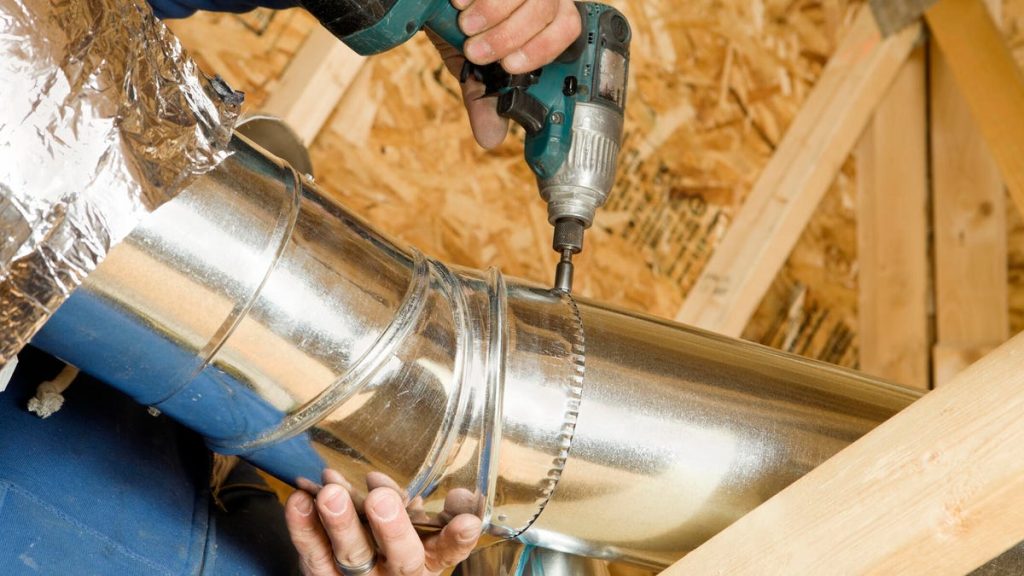Heat pump systems have become synonymous with energy efficiency in the construction industry. These systems are continuously improving, with models that passed the DOE’s Cold Climate Heat Pump Challenge expected to be available for homes by the end of the year. Heat pumps not only efficiently warm homes but also have the ability to cool them, outselling gas furnaces for the second year in a row in 2023. They are more efficient than traditional heating and cooling methods, making them a popular choice for homeowners. Depending on the region, there are different heat pump models that provide various efficiencies and comfort technologies to suit different needs.
Despite the inclusion of “heat” in its name, heat pumps can both warm and cool homes. In cooler months, heat pumps pull heat from cold outdoor air and transfer it indoors, while in warmer months, they pull heat out of indoor air to cool the home. These systems are powered by electricity and transfer heat using refrigerant, making them more sustainable and energy efficient compared to traditional air conditioning systems. Heat pumps are an opportunity to move away from gas furnaces and fossil fuel usage, providing year-round comfort for homeowners.
While there may not be hidden costs associated with getting a heat pump, there are factors that could affect the cost of installation. New ductwork may be required in some cases, especially in older homes that may need adjustments for heat pump installation. Permitting requirements can vary by location, and homeowners should ensure they comply with local guidelines before making any decisions. Electrical upgrades may also be necessary when switching to a heat pump, along with higher electricity costs compared to running a gas furnace. Improving insulation in the home could also play a key role in ensuring the efficiency of a heat pump.
To save money when getting a heat pump, homeowners should look for incentives and tax credits available in their area. The Inflation Reduction Act allows for a tax credit of up to 30% of the cost of a heat pump that meets efficiency standards. Many local utility companies offer rebates for high-efficiency systems installed by participating contractors, and manufacturers and states also provide rebates and credits. Moving towards a more sustainable solution with heat pumps incentivizes homeowners to make the switch from gas furnaces and fossil fuel usage.
Overall, heat pumps offer a more efficient and sustainable alternative to traditional heating and cooling methods. With advancements in technology, there are now various heat pump models available to suit different needs and regions. While there may be some additional costs associated with installation, such as new ductwork or electrical upgrades, the long-term benefits of energy efficiency and cost savings make heat pumps a popular choice for homeowners. By taking advantage of incentives and tax credits, homeowners can make the switch to heat pumps more affordable while reducing their carbon footprint and energy consumption.












